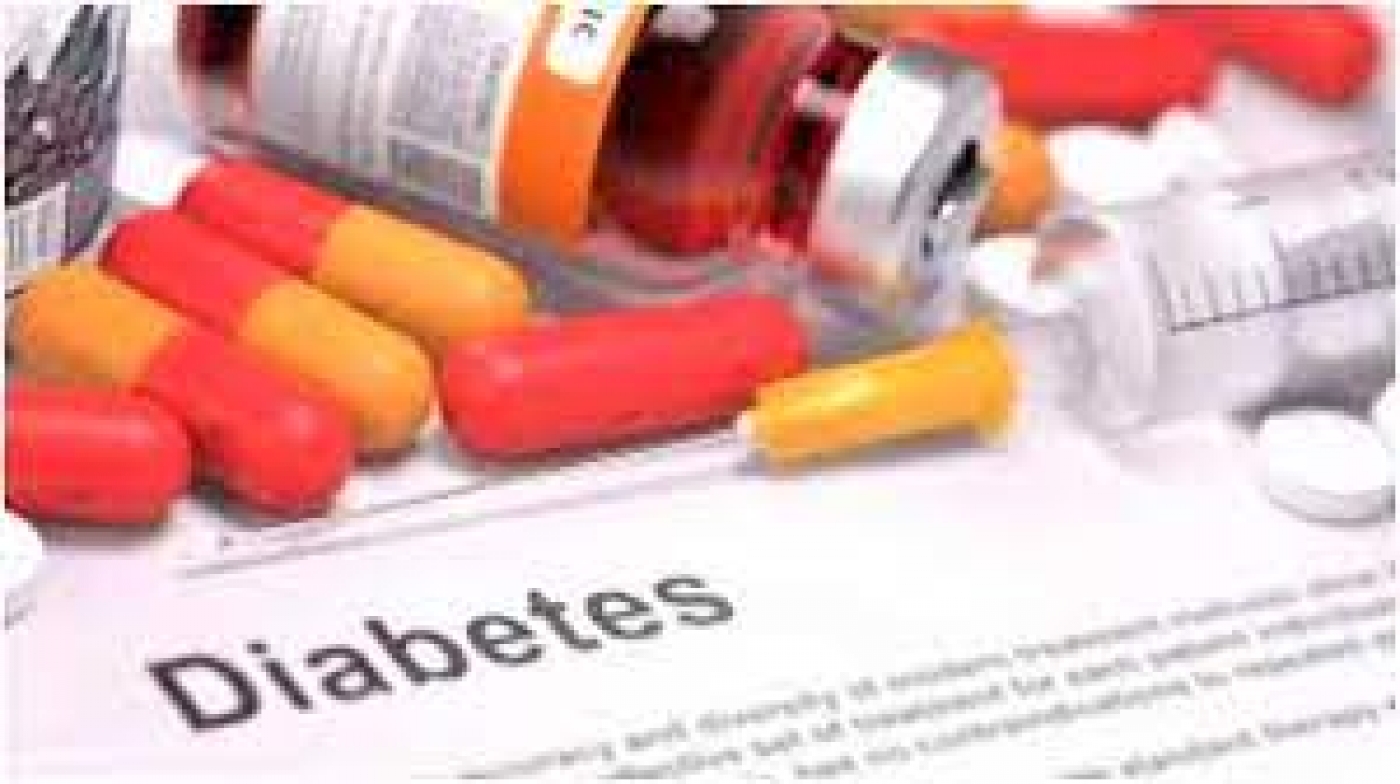Speaking in an interview with PUNCH HealthWise, the ophthalmologist noted that if left unchecked, diabetes could damage many of the blood vessels including the retina that is responsible for the eye.
The eye expert said it had been crucial for the elderly to pay attention to their health generally and not only the eye.
Warning about the complications of diabetes, he said, “Some people with diabetes develop serious complications with their eyes, called diabetic retinopathy. If you don’t get this treated properly, it can lead to sight loss.
“People with diabetes mellitus should ensure they control it at this time of the pandemic. They must take their drugs regularly and do their dietary modifications. They need to do a little bit of exercise to keep fit.
“People must avoid things that will worsen chronic conditions like hypertension and diabetes because they can affect the eyes in the long run. More so, accessing eye care is affected by COVID-19.
“The way the elderly people access care has reduced and eye facilities have scaled down services.
He urged those with eye problems such as glaucoma to get surgical intervention on time, warning that failure to do so could result in blindness.
According to him, blindness from glaucoma, an eye disease, is irreversible.
“Diabetes leads to hyperglycemia where there is high glucose in the bloodstream. This damages the blood vessels.
“Now when the blood vessel is damaged, it affects the work that it does.
“We have the blood vessels for the eye, skin, kidney and others.
” Accumulation of glucose in the blood leads to breakage of the blood vessels.
“They burst. If it happens in the eye, especially in the retina, there will be problems. It is called diabetic retinopathy and can lead to loss of sight.
“Compromised blood systems could lead to retina glaucoma and retinal detachment. It also leads to the formation of cataracts -boil on the eyes,” he explained.
Diabetes is a chronic disease caused by the body’s inability to produce required amounts of insulin – the hormone that regulates blood sugar – or to efficiently use the insulin it produces, according to the World Health Organisation.
“Diabetes makes you 1.5 times more likely to get glaucoma and two times more likely to get cataracts and both can lead to blindness”, says the British Diabetic Association.
Information from Africa Check shows that over five million Nigerians are living with either type 1 or type 2 diabetes.
According to the International Diabetes Federation, an estimated two-thirds of people with diabetes in Africa are undiagnosed.
Evidence shows that in Nigeria, the last nationwide survey on the burden of diabetes was in 1997.
Speaking on the need for regular health checks, the ophthalmologist said, “Anybody that has these conditions must ensure that they are managed properly. Luckily, for diabetes and hypertension, we have devices that patients can use to monitor their status at home.
“People should monitor these conditions regularly and ensure they take their drugs always. They should watch what they consume.
“Patients should pay attention to symptoms they are noticing in their eyes. They can still access eye facilities.”
source: healthwise







